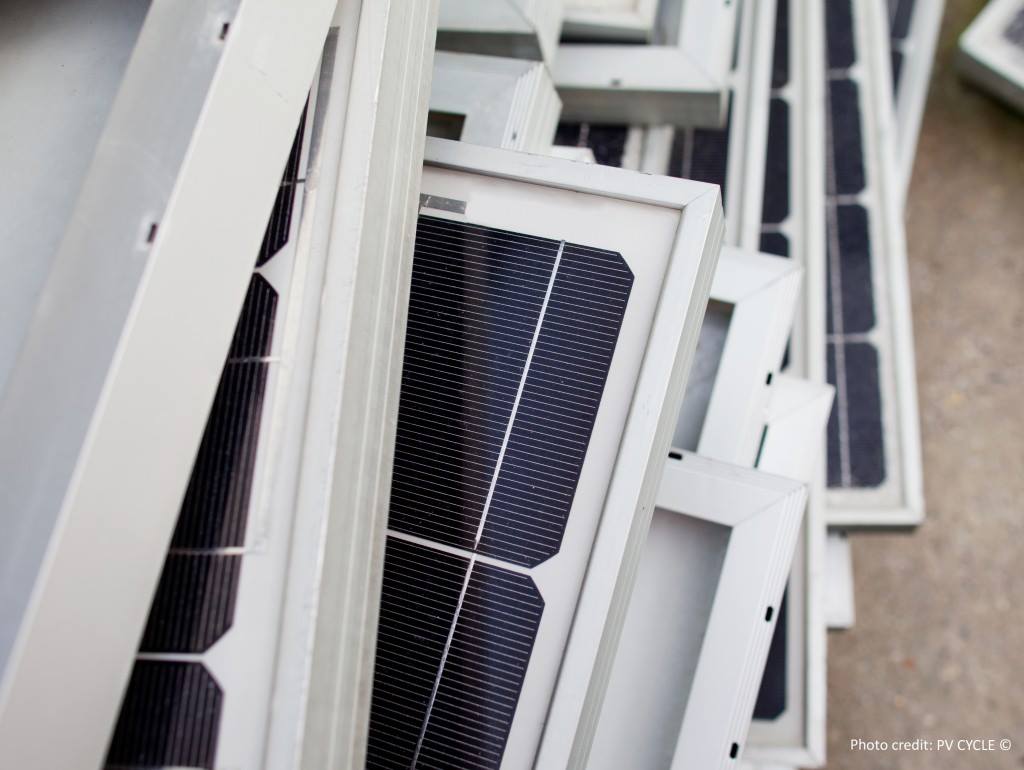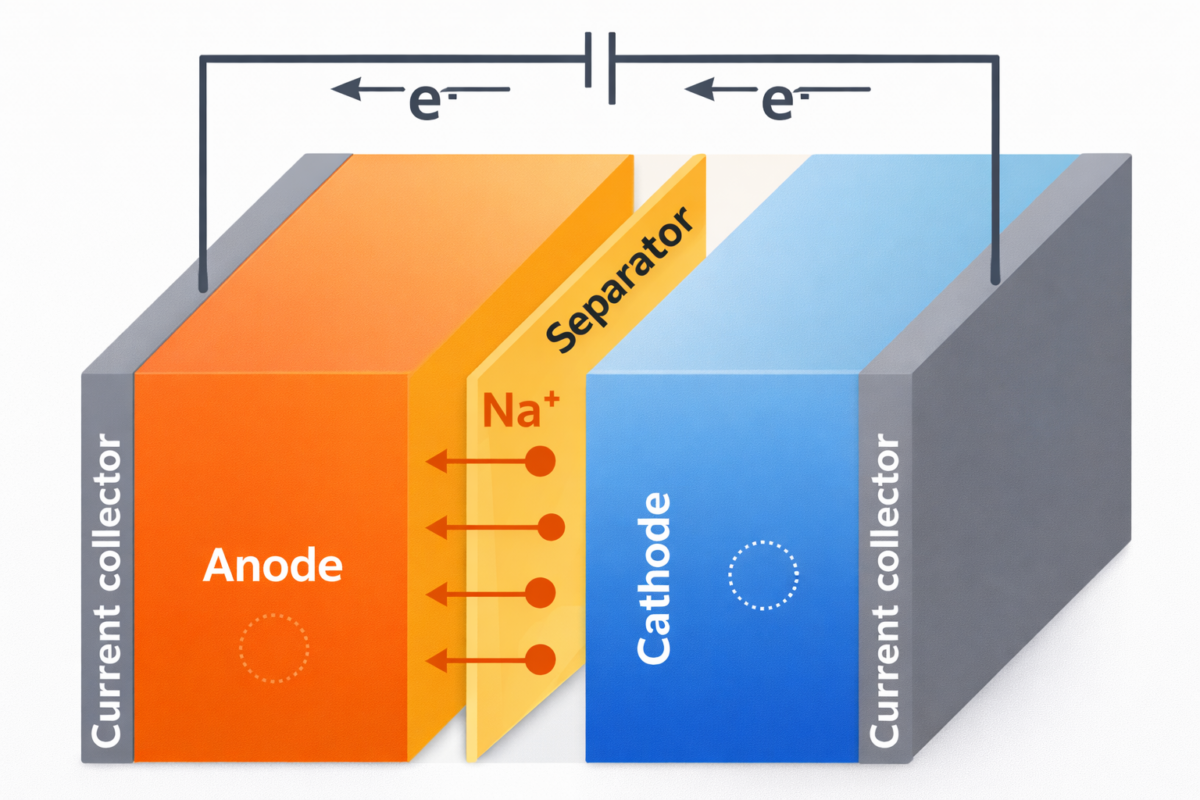On July 1, the Dutch legislation on solar panel recycling changed and imposed importers selling solar panels to Netherlands' clients to pay a recycling fee of €40 ($42.50) per ton – a massive jump from the previous €6.50 per ton fee.
PV module importers are expected to pay this fee until 2025 to the OPEN Foundation, a Dutch nongovernmental organization.
Jan-Willem Jehee, operations manager at Stichting Zonne-energie Recycling Nederland (ZRN), today told pv magazine that the organization, which advocates for solar stakeholders and works with the OPEN Foundation, wanted to “offer some transparency” around the schedule change.
“We had a change where usually it's €6.50 ($6.98) per ton put on the market for solar module [and] that increased to €40 – so that's a sixfold increase as of July 1 this year. Where does this €40 come from? What are we doing with the money? That kind of stuff we want to clarify,” he said.
The organization hosted a public consultation last week answering questions about the fee change, which fits in with the European Union’s Netherlands’ 2014-mandated Waste Electrical and Electronic Equipment (WEEE) Directive. The directive aims to minimize the block's electrical and electronic waste.
Another policy change ZRN wanted to provide information about was the new warranty fund or security deposit, also mandated as part of the Netherlands’ 2014 WEEE Directive, Jeehee said. “You need to offer security, that as a producer you are able to pay for recycling in the future,” he explained.
“The WEEE says the way you're importing, or if you're bringing a solar module into a market in Europe, you're responsible to collect it when it becomes waste, and to make sure it's recycled when it comes to waste,” he added. “What we're doing in the Netherlands is we are introducing this guarantee fund, which is basically a fund with money aimed to absorb shocks in the market should one occur.”
Asked if he expects shocks to the market, Jehee answered: “In the coming 20 years, for sure.” He added there may be many “uncertainties” which will buck assumptions, surrounding demand and therefore price, but it is expected one day there will be, “less market growth than what is anticipated.”
“If you're talking about an increase of your waste streams, we will have large guarantees of solar modules for 25 years, sometimes 30 years, but that's the technical lifetime,” Jehee said. “You don't know the economical lifetime. You don't know, for instance, when a household will be ready to replace old modules installed in 2010 with a new version. We have a belief of what it will be, but it might turn out to be different.”
What Jehee is confident of is that if there is exponential growth of solar uptake – as there is estimated to be – then treatment and recycling fees are expected to grow exponentially to match. This is where the security deposit comes in. “In order to be able to offer this stable pricing, we say we're going to set some money apart in a fund, and this is this guarantee fund,” he said.
ZRN collected feedback from solar stakeholders until the end of last week about their initial thoughts on the fund and plan on publishing results from the public consultation “soon,” Jehee said. There will be one more round allowing stakeholders to give further feedback before the body submits their recommendations to the OPEN Foundation, which will make the final ruling.
Jehee expects the guarantee fund to be ready between the end of this year and sometime next year.
He said at present there was not enough solar waste to warrant treatment facilities in the Netherlands, with low volumes transported and managed outside the country adhering to Dutch law. “How will it be done in the future when waste streams start growing? Of course, it will be different,” Jeehee said.
The International Renewable Energy Agency (IRENA) estimated there would be more than 78 million tonnes of cumulative PV waste material by 2050, the organization said in 2016.
Recycling or repurposing solar PV panels at the end of their roughly 30-year lifetime can generate an estimated stock of 78 million tonnes of raw materials and other valuable components globally by 2050, the report added. “If fully injected back into the economy, the value of the recovered material could exceed $15 billion by 2050.”
This content is protected by copyright and may not be reused. If you want to cooperate with us and would like to reuse some of our content, please contact: editors@pv-magazine.com.



2 comments
By submitting this form you agree to pv magazine using your data for the purposes of publishing your comment.
Your personal data will only be disclosed or otherwise transmitted to third parties for the purposes of spam filtering or if this is necessary for technical maintenance of the website. Any other transfer to third parties will not take place unless this is justified on the basis of applicable data protection regulations or if pv magazine is legally obliged to do so.
You may revoke this consent at any time with effect for the future, in which case your personal data will be deleted immediately. Otherwise, your data will be deleted if pv magazine has processed your request or the purpose of data storage is fulfilled.
Further information on data privacy can be found in our Data Protection Policy.